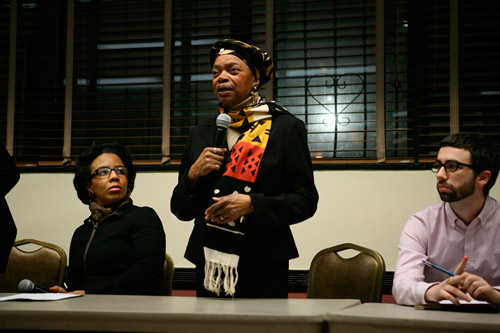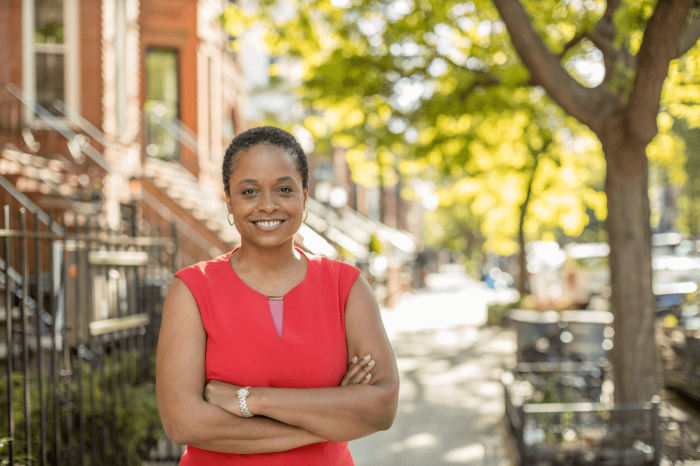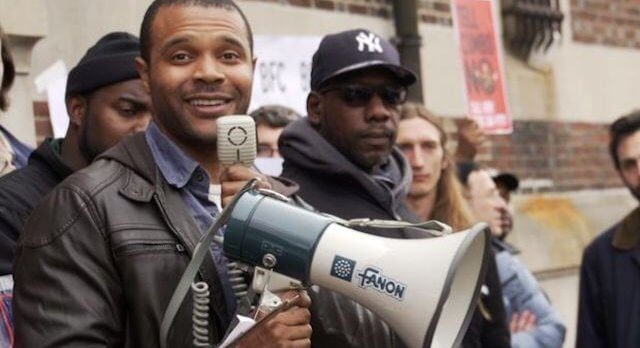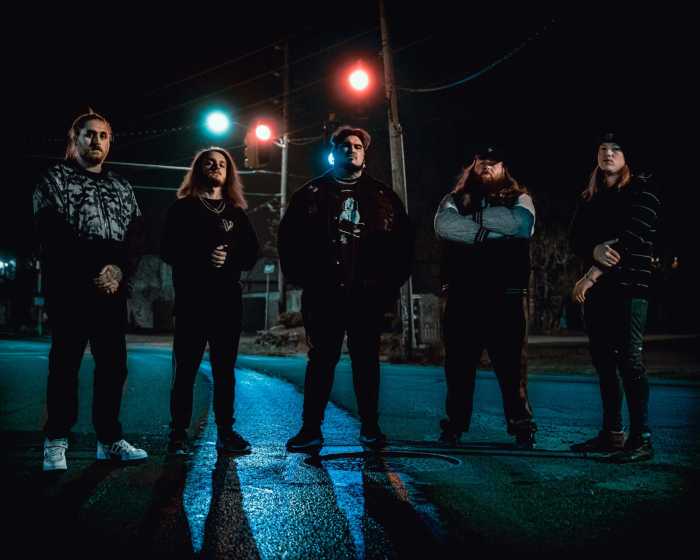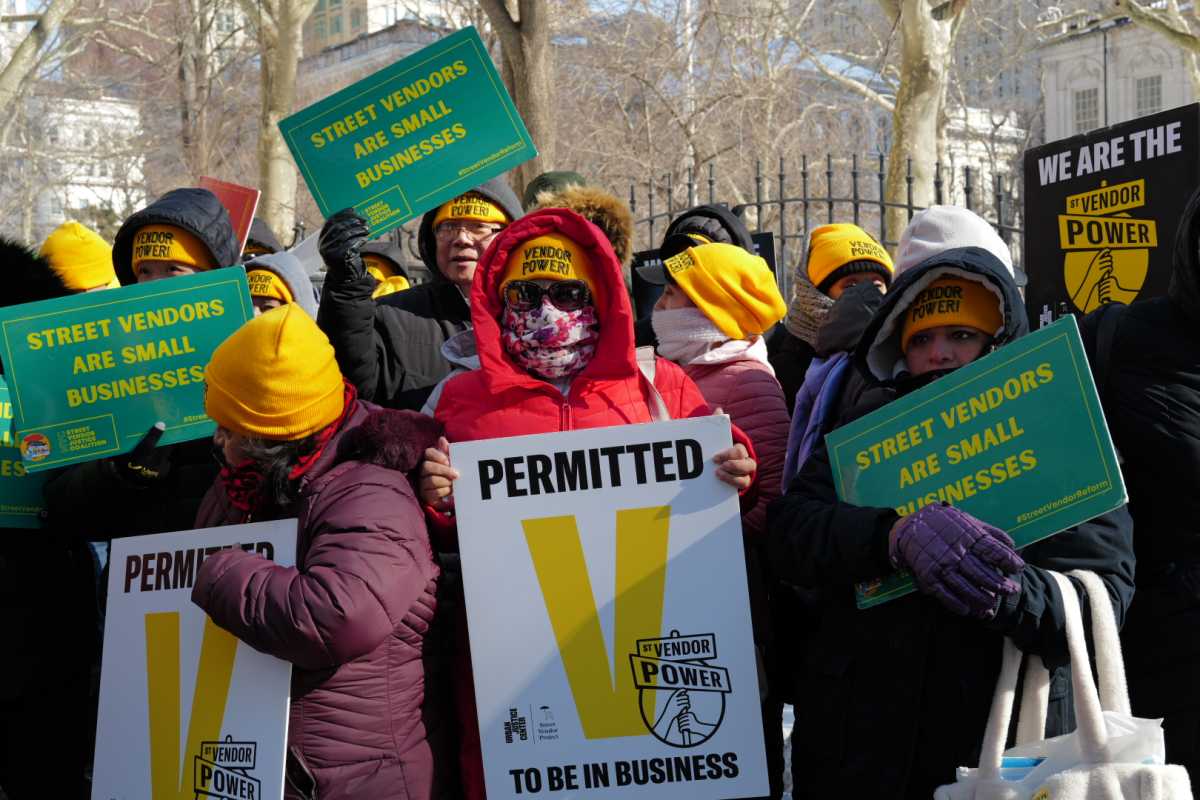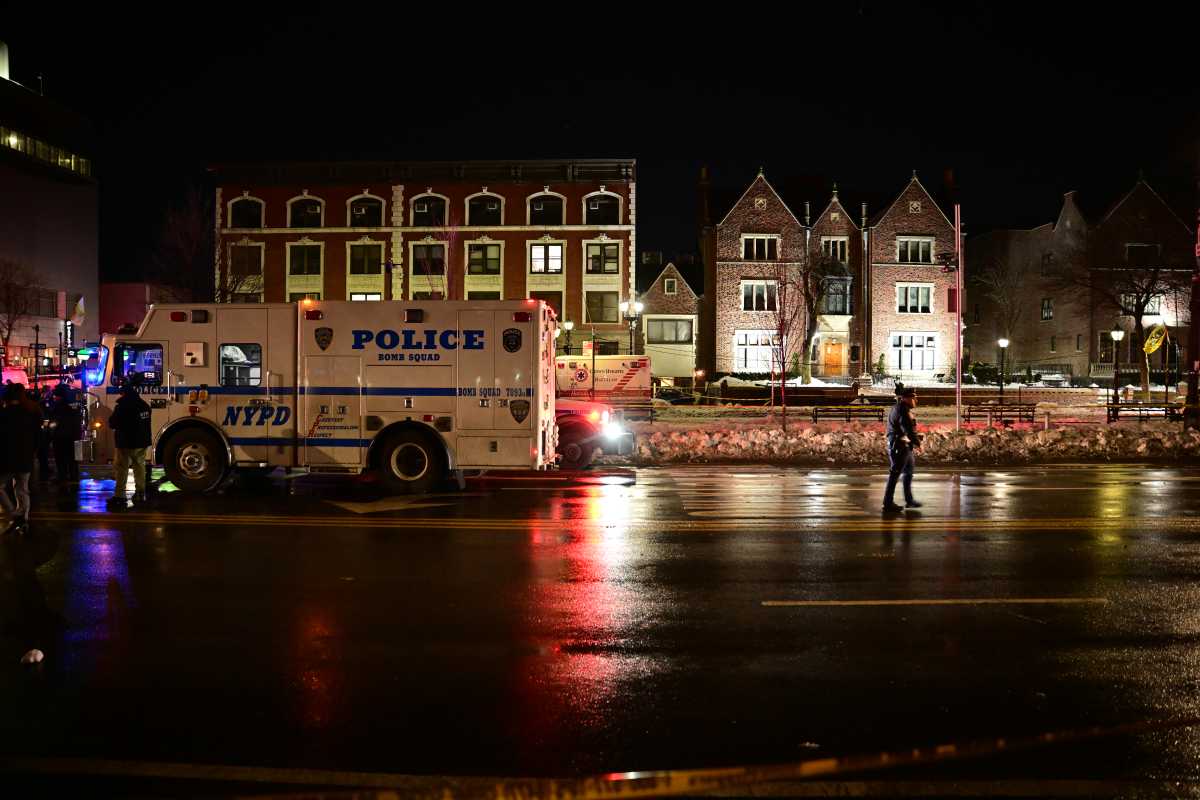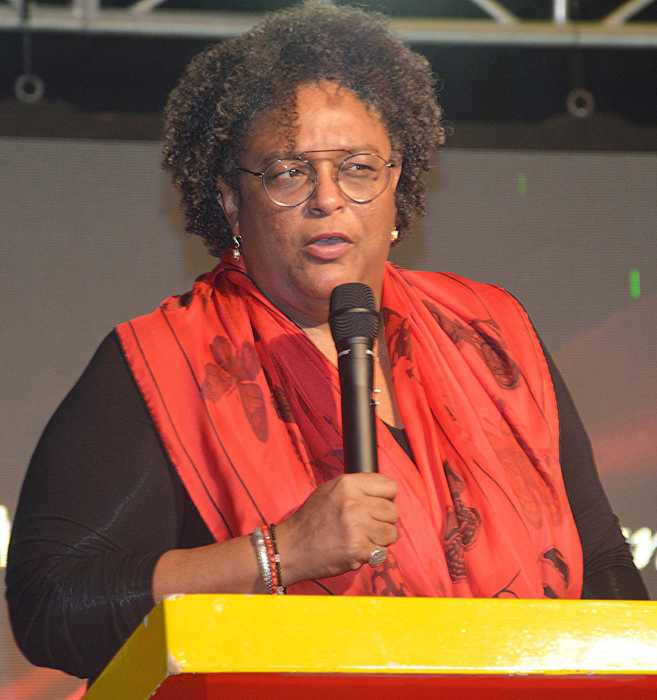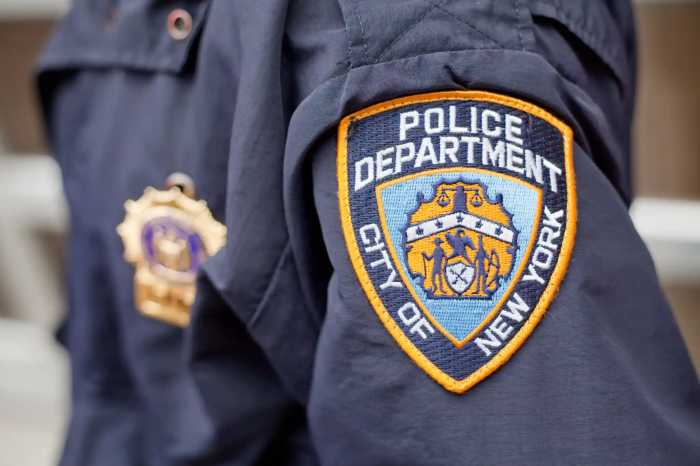A bill to ensure that incarcerated parents are sent to detention facilities closer to their children’s homes passed in the New York State legislature on July 21 — nine years after a Brooklyn lawmaker first introduced the bill.
The proximity bill, which passed with overwhelming bipartisan support and is expected to be signed by Gov. Andrew Cuomo, is the brainchild of retiring senate stalwart Velmanette Montgomery — who introduced the measure, known as “April’s Law,” after meeting three children of incarcerated parents who shared their fraught experiences with the criminal justice system.
One Brooklyn resident, 25-year-old Alonicha “April” Triana, grew up visiting her father each month in a prison a few miles upstate — but when her mother was incarcerated nearly 400 miles away at a correctional facility near Lake Ontario, the distance made it impossible for her to visit.
During their 2011 meeting, the distraught daughter told Montomery that her experience was not unique, and spoke of the trauma a lack of visitation can have on a child.
“It’s a very important bill because it’s not only me, it’s a whole bunch of kids that go through this on a daily basis and a lot of people don’t even know about it,” Triana said. “It’s something that is coming directly from the community.”
More than 100,000 children in New York State have at least one parent in state prison, and after the state’s detention system halted free bus service to families in 2011, many of them have been effectively rendered unable to see their parents — who are currently assigned to one of the state’s 52 correctional facilities based on a host of factors, such as prison capacity, health needs, and security levels.
“There’s a lot associated with going to get up and visit your father, or your mother, or your brother, any incarcerated loved one,” said Anthony Funes, whose father is incarcerated on a 25-years-to-life sentence. “It’s hard for anybody, especially those who are not financially stable.”
Funes, 18, last visited his father in October 2019 because the price of traveling the hundreds of miles upstate, he said.
And 13-year-old Christina Martinez, whose mother was sent from Rikers Island to a facility in Westchester and then eventually to Albion, said she felt punished by every transfer.
“I felt like I didn’t know why I was being separated from her. And just the further and further they put her, it just didn’t make sense. So that’s what made me feel like, did it have to do with something about me?” Martinez said.
A staffer at the Osborne Association, which has been lobbying for the bill alongside children of incarcerated parents for nearly a decade, said that its passage has become particularly crucial in light of the COVID-19 pandemic.
“Given that Black and Brown families are disproportionately affected by COVID-19 and losing income and jobs by no fault of their own, this bill would go a far way to alleviate some of the financial strain associated with visiting,” said Allison Hollihan, senior policy manager for the New York Initiative for Children of Incarcerated Parents at the Osborne Association.
If Cuomo signs the bill into law, incarcerated parents can choose to be placed in the closest facility to their children as long as the facility provides the same security level, medical needs, and necessary programming. The bill will go into effect one year after its passage, according to the legislation’s language.
At the 2011 meeting, Montgomery also met two other children of incarcerated people — Ashley Duncan and Raymond Rodriguez — whom she named two other bills after.
Ashley’s bill, which passed in 2014, required New York’s prison system to establish a public website and phone line with up-to-date information on visitation rules and regulations for all state facilities.
Raymond’s bill would require state police to institute child-sensitive arrest practices for parents or legal guardians. It has yet to be brought to a vote this session.
Montgomery, whose district encompasses Bedford-Stuyvesant, Fort Greene, Boerum Hill, and Red Hook, said that the 2011 meetings were some of the most memorable conversations of her career.
“It’s really one of the highlights of my time being able to speak with them and actually have them participate in the process and be successful,” she said. “I’ll always use this as I have before as a clear and definitive example of what we can do to make important and significant policy changes if we listen to young people.”
Cuomo’s office did not immediately respond to a request for comment.


